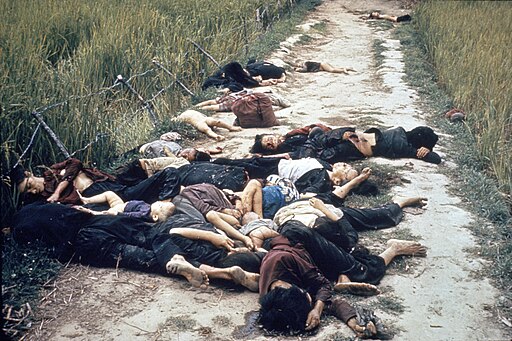
Complaining of “media bias,” Hamas spokesperson Dr. Basim Naim denies allegations that its members intentionally murdered civilians and non-combatants in their assault on Israel last week. The operation “targeted only the Israeli military bases and compounds,” he says, and Al Qassam Brigades commanders ordered their troops to “avoid targeting civilians or killing them.”
Given the details, as best we can know them, those claims ring hollow.
So, too, do claims that the Israeli Defence Forces — among whose members t-shirts illustrated with a picture of a pregnant Arab woman in rifle crosshairs and the caption “1 Shot 2 Kills,” popped up during a previous military confrontation with the Palestinian Arabs — constitute “the most moral army in the world.” In declaring a “complete siege” of Gaza — with the intent to cut off food, fuel, and electricity to, while engaging in massive airstrikes on, the Arab enclave’s 2.3 million inhabitants — Israeli Defence Minister Yoav Gallant referred to the people he wants murdered as “animals.”
The same is true of the numerous claims by numerous governments and armed forces, in conflicts around the world, that murders of civilians and non-combatants are mere accidents or asides for which they bear no responsibility.
Three moral premises seem fairly basic to me:
First, we’re individually responsible for what we do.
Second, we’re jointly and severally responsible for for what we collude with others to do.
Third, we’re at least partially responsible for the actions of others when we accept positions of authority from which we may order, allow, forbid, excuse, or punish those actions.
Phrases like “collateral damage” or “mistakes were made” or “they did it first” or “I was just following orders” don’t magically relieve us of responsibility for our individual, collaborative, or organizational actions.
Nor does the claim that one is acting as, or on behalf of, a government. The pernicious doctrine of “qualified immunity” notwithstanding, when a cop guns down a nonviolent citizen or a drone operator launches a missile into the middle of a wedding party, it’s murder and nothing else.
When you pull a trigger, or order that trigger pulled, you’re responsible for the consequences. Period. And if your action or order results in injuries or deaths among civilians or non-combatants, there are no acceptable excuses. You should be charged, tried, convicted, and punished for your actions.
Unfortunately, that seldom happens. And when it does happen, it’s usually just for show, with lower-level killer getting thrown under the bus while generals, presidents, and prime ministers skate off to comfortable retirements, the laurels of “statesmen” resting ostentatiously upon their botox-tightened brows.
Ultimately, the only way to do away with war crimes is to do away with war. And that requires us to first abolish the state.



























Comments